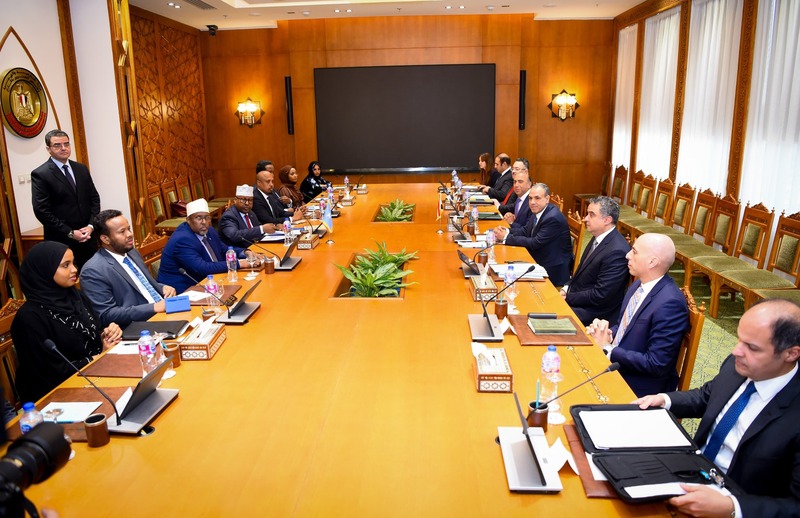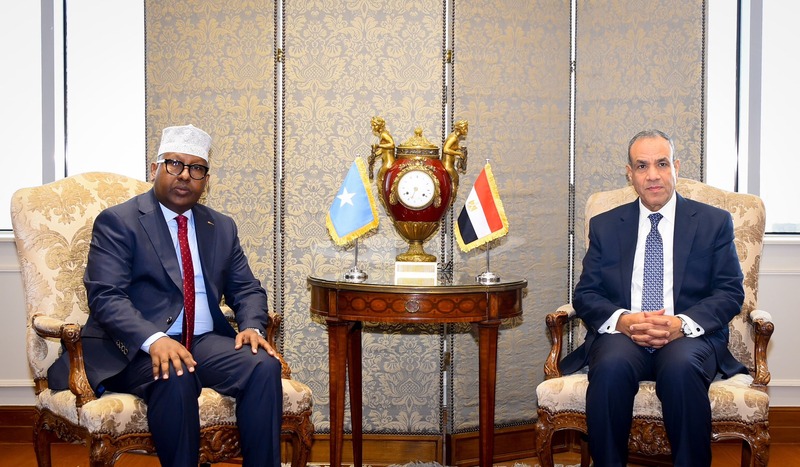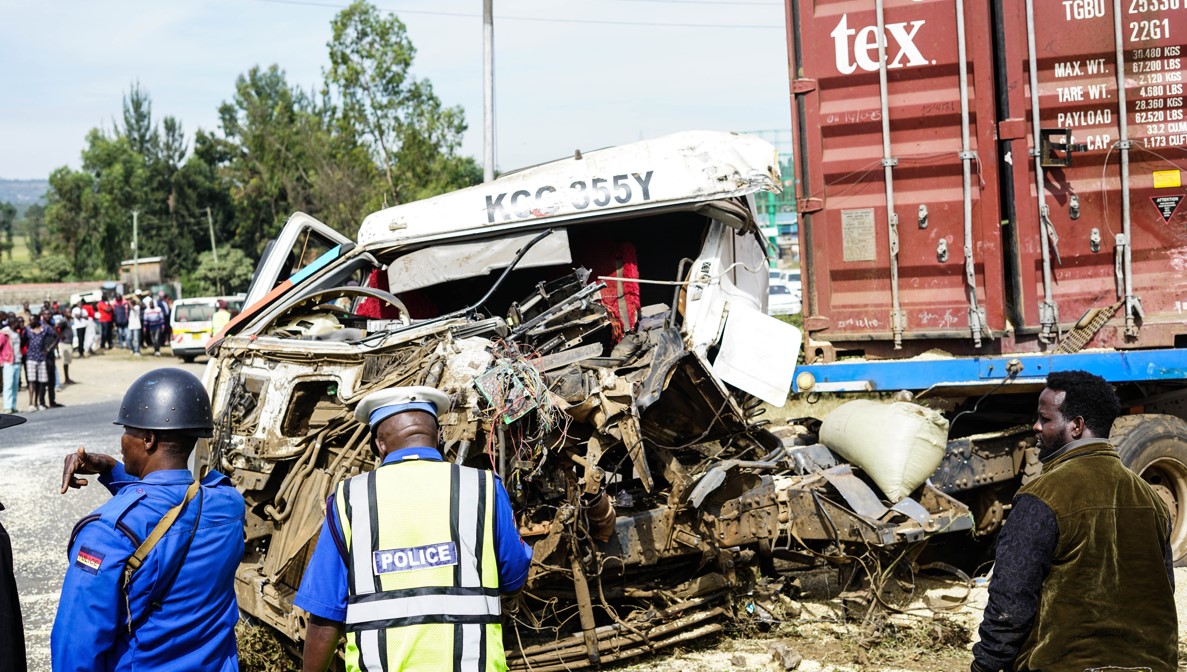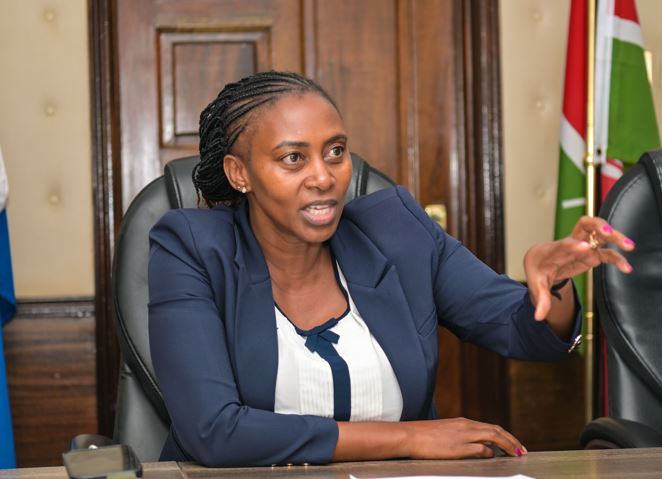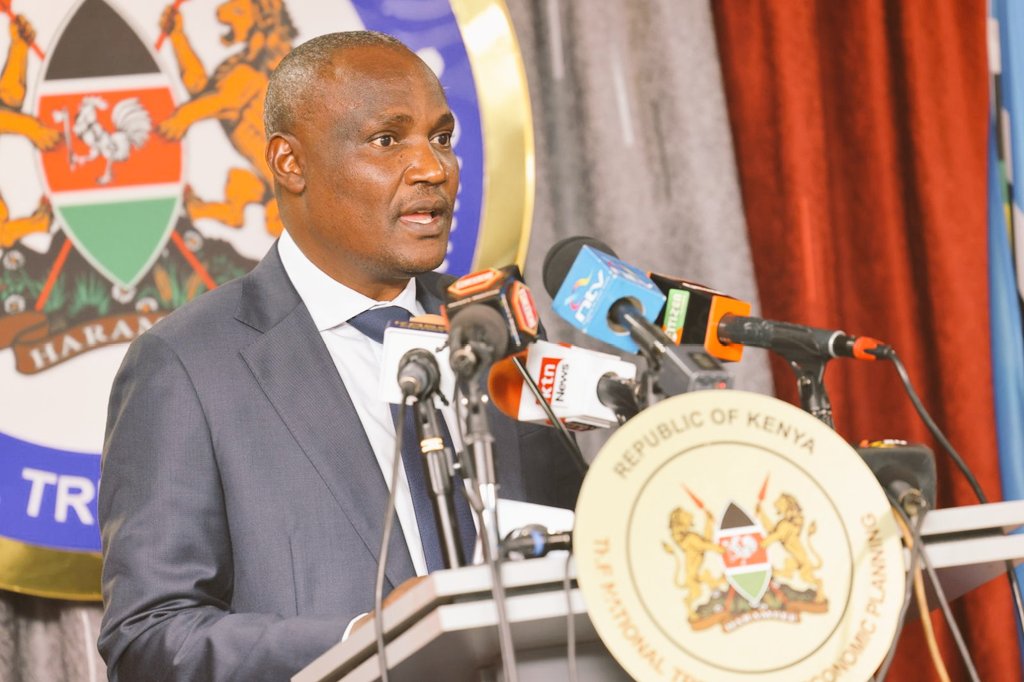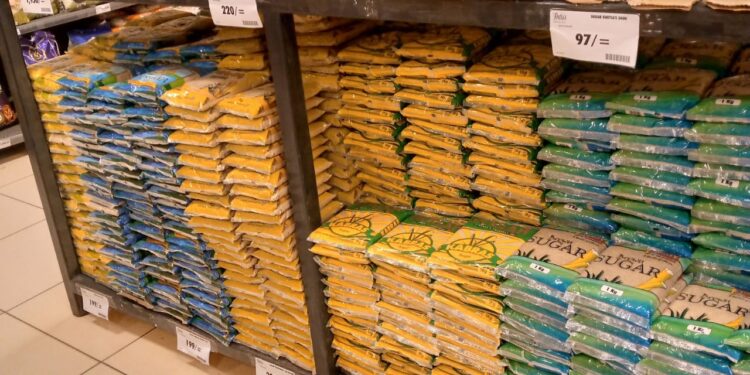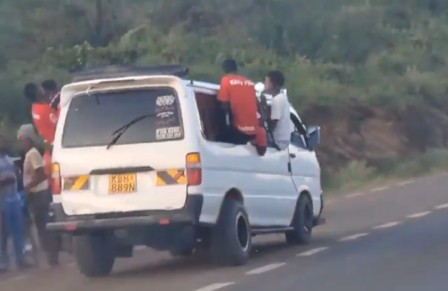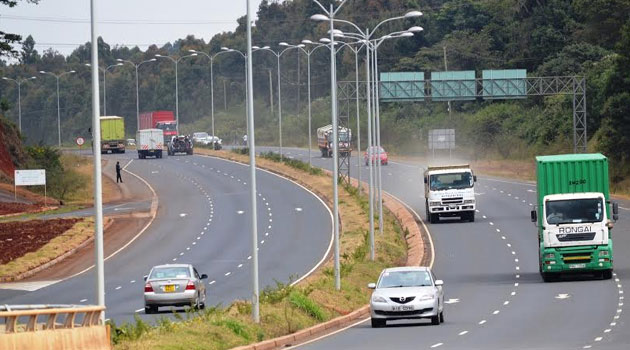Woman’s tale of tribulations Kenyans face under oppressive employers in the Gulf

By Mary Wambui |
On arrival in Saudi Arabia, Sophia Amimo experienced a lot of abuse, both mental and physical.
Sophia Amimo, a mother of three is lucky to have survived some of the horror stories experienced by some Kenyans who travel to countries in the Gulf for domestic work.
Today she is a committee member of the 8.7 Alliance, which seeks to eradicate forced labour, modern slavery, human trafficking and child labour globally in accordance with Sustainable Development Goal Target 8.7.
"I am a survivor and advocate against human trafficking and also the founder of the Domestic Worker's Returnees of Kenya, which helps migrants who have come back from the Gulf countries rebuild their lives," she says.
Earlier, Amimo worked in three Middle Eastern countries, and in one of them, she faced the tribulations that Kenyans go through at the hands of exploitative employers.
She recalls that she first travelled to Saudi Arabia through a friend who learnt of the job opportunities through referrals.
"The opportunity comes when you are totally in need and have several push factors that propel you to want to make something for your future. They could be children who need fees, a hospitalised kin and so forth, all of which are demanding more than what you are making at that moment. So, when someone comes to you with an offer that promises to change your life, you fall for it, not knowing its trap," she says, recalling her situation when she first left the country.
Modern slavery
In Saudi Arabia, she had to endure what she refers to as modern slavery consisting of long working hours with little pay.
Her troubles, however, began even before she left the country. As she embarked on her journey, it was her first time at the airport. Here, she ran into her first dismay as her contact at the airport threw the envelope he was holding at her and drove off without giving her any instructions.
Today, she advises those seeking to travel to use proper channels.
"Back then, I did not know the need for proper documents. I did not know that I needed to go to Nyayo House and apply for a passport. So, a broker is the one who applied for my passport after promising me good things ahead. She also took my CV which showed I had cosmetology skills and promised that I would work for a cosmetics company upon arrival at my destination," she recalls.
With her airport contact gone, an officer who saw how stranded she was offered to assist her check in. He then asked her where she was going but she couldn't even tell. She was confused.
"Luckily, inside the plane, I sat next to a Kenyan who also asked to see my documents, and told me that I was going to Saudi Arabia and warned me that it would not be easy. He asked me if I'd worked in a foreign country before and I told him no. I also told him I don't want to believe I am going to Saudi Arabia because this woman (her contact) told me I am headed to Qatar to work in a cosmetics company," she recalls.
On arrival in Saudi Arabia, she experienced a lot of abuse, both mental and physical, whose details she offered not to share to protect her children and grandchildren from suffering secondary trauma.
"I don't want to mention some things for the sake of my grandchildren as they were so bad," she says.
Rescued
Luckily, Amimo was rescued and managed to travel back to Nairobi but that did not kill her desire to seek better living abroad.
"You know, the assumption most people have when travelling abroad for work is that of endless good opportunities and good fortune. I had given off everything I had and, therefore, couldn't return home because of shame. I didn't even inform my family that I had come back. I remembered I had heard from that woman (contact) about Qatar and so I did a little Google search about it and left the country shortly after," she recalls.
In Qatar, she stayed for three years but at some point got detained for some months and was deported back home.
Unable to face her family for a second time, she again sought another country to go to and left for the United Arab Emirates (UAE).
"This time, I left alone and without the assistance of any broker. I spent the little money I had on purchasing a visa. There's what we call tarmacking in UAE, where you get some small space to live in as you search for a proper job. After some months, I managed to get a well-paying job at a company which later closed abruptly after some months due to some clashes that had occurred between countries in the region," she recalls.
At the time, her daughter was about to clear high school while her son was about to join Form One.
This, she recalls, meant she had no option but to look for another job and so she left for Bahrain using her visa.
"I met a very good family there, humbled myself and worked with them for two years. I finished my contract, my son cleared high school and I came back home," she said.
Supporting social work
While abroad, Amimo says she had remained active in supporting social work at home, contributing funds for causes she could not physically participate in.
"On coming back, I continued with social work and mainly helped cases of migrants in distress in the UAE and eventually I decided to register an organisation," she notes.
With the launch of the Network Against Human Trafficking and Smuggling of Migrants (Nahusom) last week, Amimo says her advocacy work will now be easier.
Nahusom-Kenya is an umbrella body launched last week to bring together non-state actors including trade unions, NGOs, private sector players, faith-based organisations and individuals who are involved in the eradication of human trafficking and smuggling of people in Kenya.
Reader comments
Follow Us and Stay Connected!
We'd love for you to join our community and stay updated with our latest stories and updates. Follow us on our social media channels and be part of the conversation!
Let's stay connected and keep the dialogue going!

